Thirteen really is lucky for some — and specifically for those paying £36,000 less if they're happy to live at No. 13
Every day, I am inundated with emails telling me how to raise or reduce the value of a house. Turns out, superstition was what I needed all along.
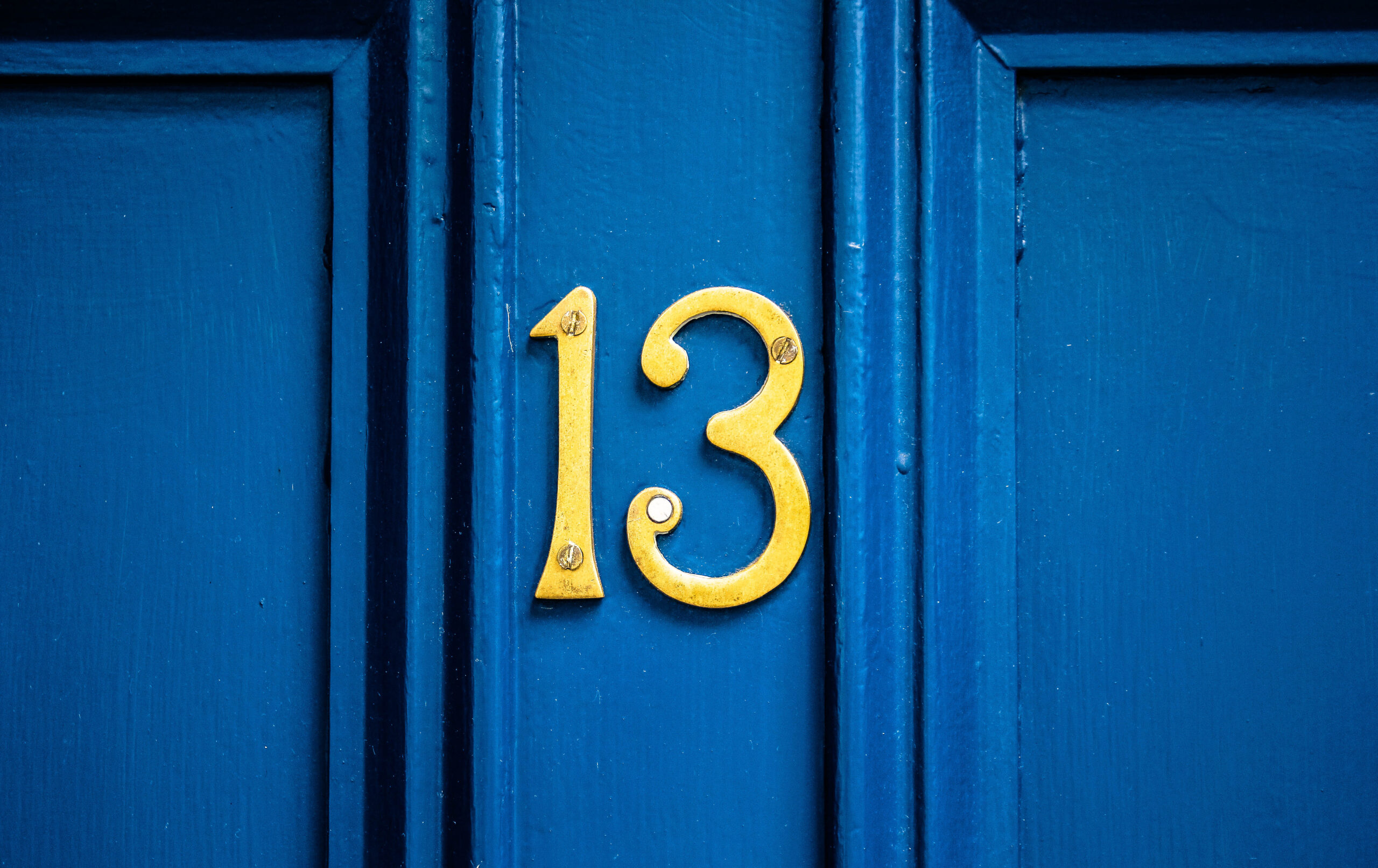

I don’t like to consider myself a superstitious person, because superstition seems quite silly. A number is just a number and Macbeth is just a play about two annoying Scottish people. Smashing a mirror is bad luck but only because replacing a mirror is expensive.
This is what I tell myself, anyway, because I like to pretend I am a grown up who is in control of the actions and outcomes in his own life. Or at least that’s what I like to think. I am, of course, telling myself a little lie. I may not be superstitious, but I still have little superstitious habits that I carry out every single day.
I, for example, will not walk across three drain covers in a row, for the sole reason that a pretty girl I once wanted to date told me that doing so was bad luck. Being an ‘impressionable’ teenager at the time, I decided to follow suit, lest she see me as an unlucky omen. 18 years later, I am still doing it (or rather, not doing it).
"It is, on the one hand, just a number. On the other hand, I am afraid of drains, so who am I to judge?"
I don’t walk under ladders, and I have a weird tick where if I am watching football, and the opposing team is taking some kind of attacking set-piece, I tap on a piece of wood in the hope they don’t score. It is the only time I ‘tap on wood’; I assume the reason for this is that I don’t want to waste any ju-ju on other things by knocking on wood recklessly. Got to save it for special occasions.
All of this is relevant because when I receive an email that says something plainly ridiculous such as ‘Properties with the number 13 selling for £36,000 less than wider market average’, it makes both lots of sense and also no sense. It is, on the one hand, just a number. On the other hand, I am afraid of drains, so who am I to judge?
This groundbreaking bit of research comes courtesy of London lettings and estate agents Benham and Reeves. The firm analysed price paid data from the Land Registry, looking at the average sold price of homes so far this year, and how the price paid for homes with the number 13 compares to the rest of the market.
Homes with the number 13 sold for an average of £260,000, which — because they were analysing swish London homes with huge price tags — equates to 12.2% less than homes with non-unlucky numbers. If you could slap a price on superstition, there it is: £36,000 if you're in the market for the average UK house, or over a quarter of a million pounds if you're shopping at the higher end of the market.
Sign up for the Country Life Newsletter
Exquisite houses, the beauty of Nature, and how to get the most from your life, straight to your inbox.
‘Superstitions aren’t to be scoffed at when it comes to potential put offs for homebuyers and we regularly see foreign buyers, in particular, place a great deal of importance on certain aspects of a home due to the superstitions they hold,’ says Marc von Grundherr, director of Benham and Reeves.
‘The Number 13 is a very common one and many buyers will purposely pass up on even viewing a home bearing the number. In fact, in some instances, the Number 13 will even be excluded from new property developments because it can be such a deterrent.’
To be fair, I grew up in an apartment building in Manhattan that just skipped the 13th floor entirely. Which is one way to solve that problem. I suppose my advice would be that if you are not superstitious, buy a house with 13 on the door, and save yourself some cash. Treat yourself to a holiday. Send me some as a thank you. I don’t mind.
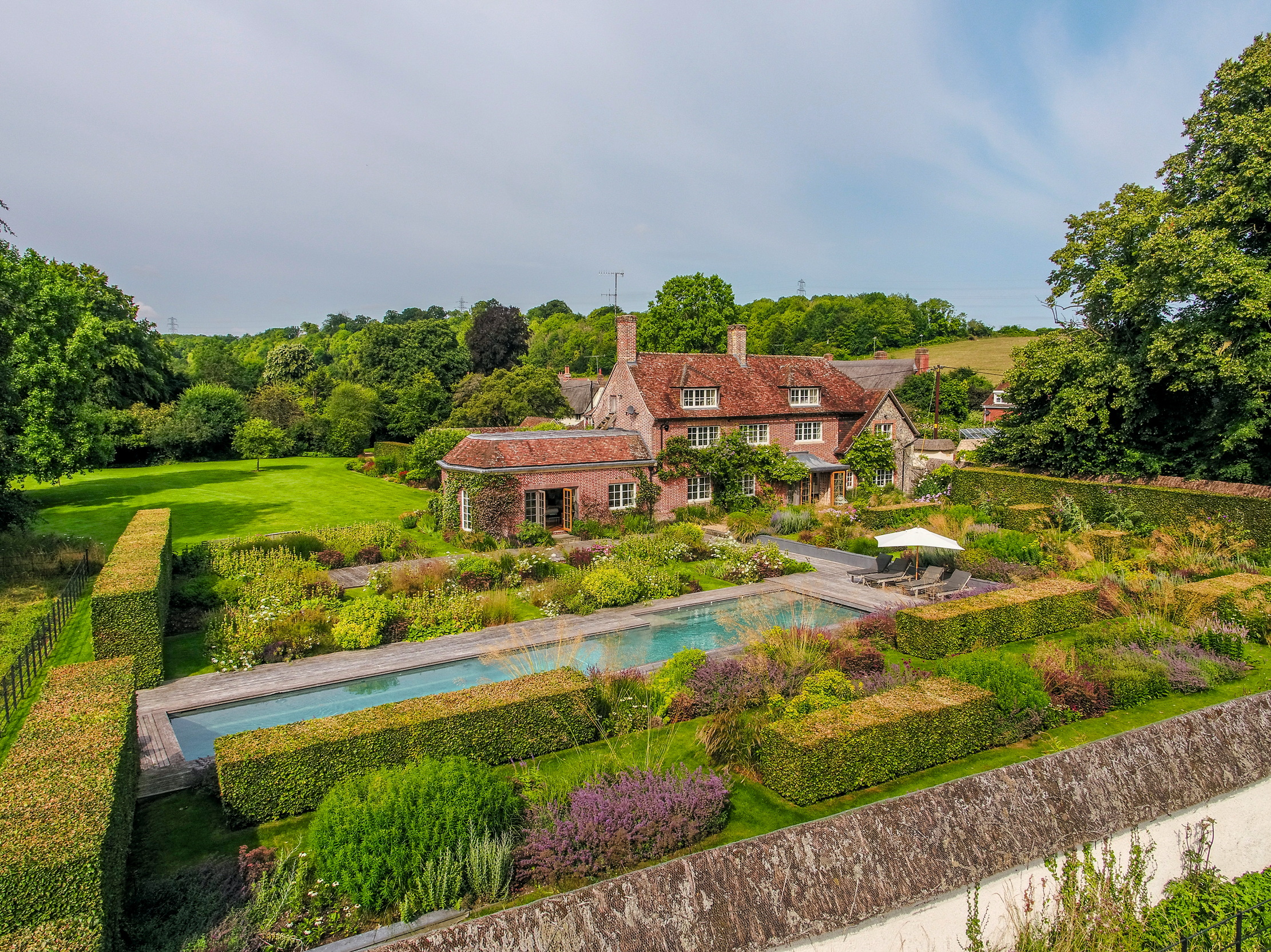
Credit: Strutt and Parker
Best country houses for sale this week
An irresistible West Country cottage and a magnificent Cumbrian country house make our pick of the finest country houses for

James Fisher is the Deputy Digital Editor of Country Life. He writes about property, travel, motoring and things that upset him. He lives in London.
-
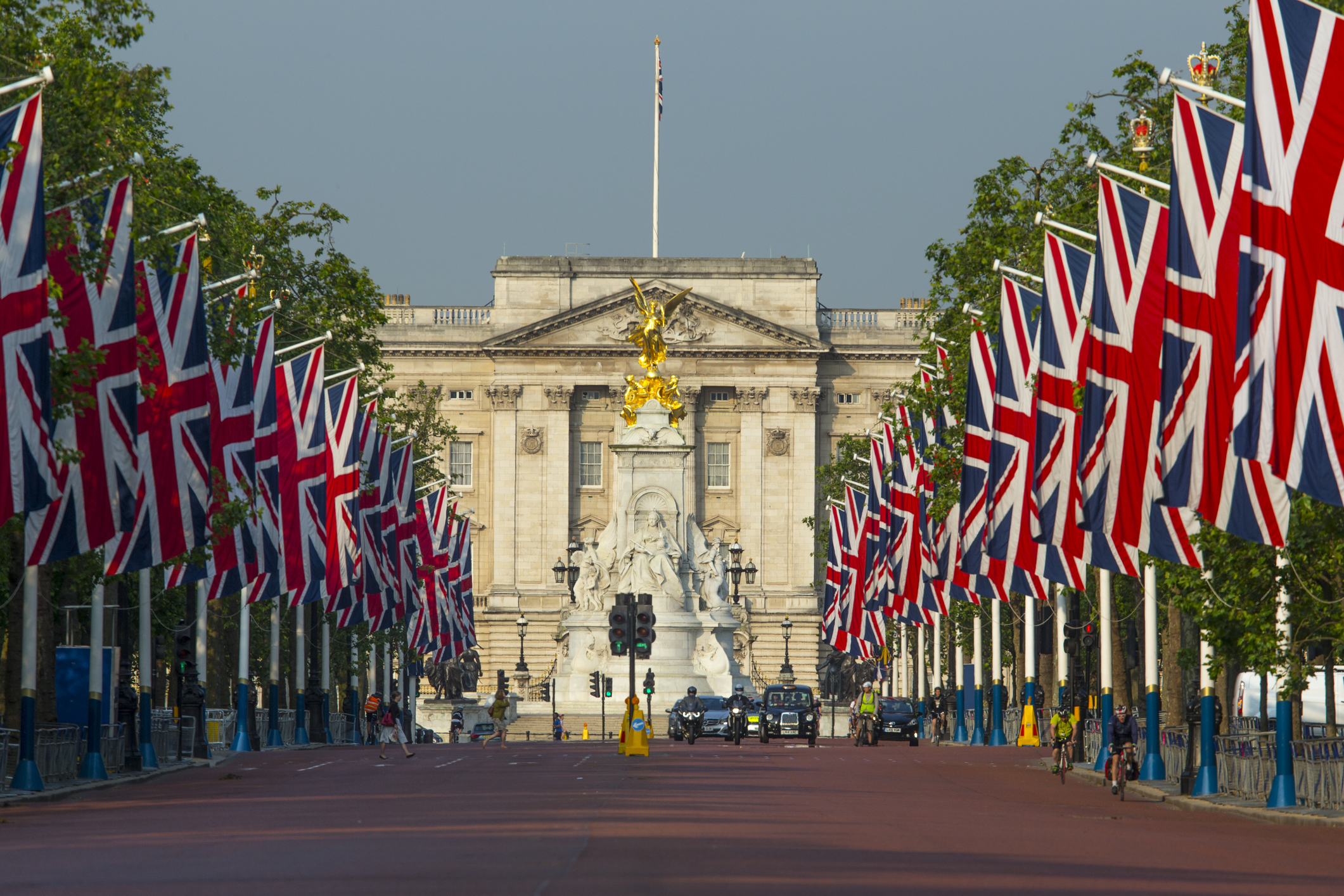 The loos of Buckingham Palace: Country Life Quiz of the Day, April 23, 2025
The loos of Buckingham Palace: Country Life Quiz of the Day, April 23, 2025Wednesday's Quiz of the Day looks at St George, royal toilets and German alcohol laws.
By Toby Keel Published
-
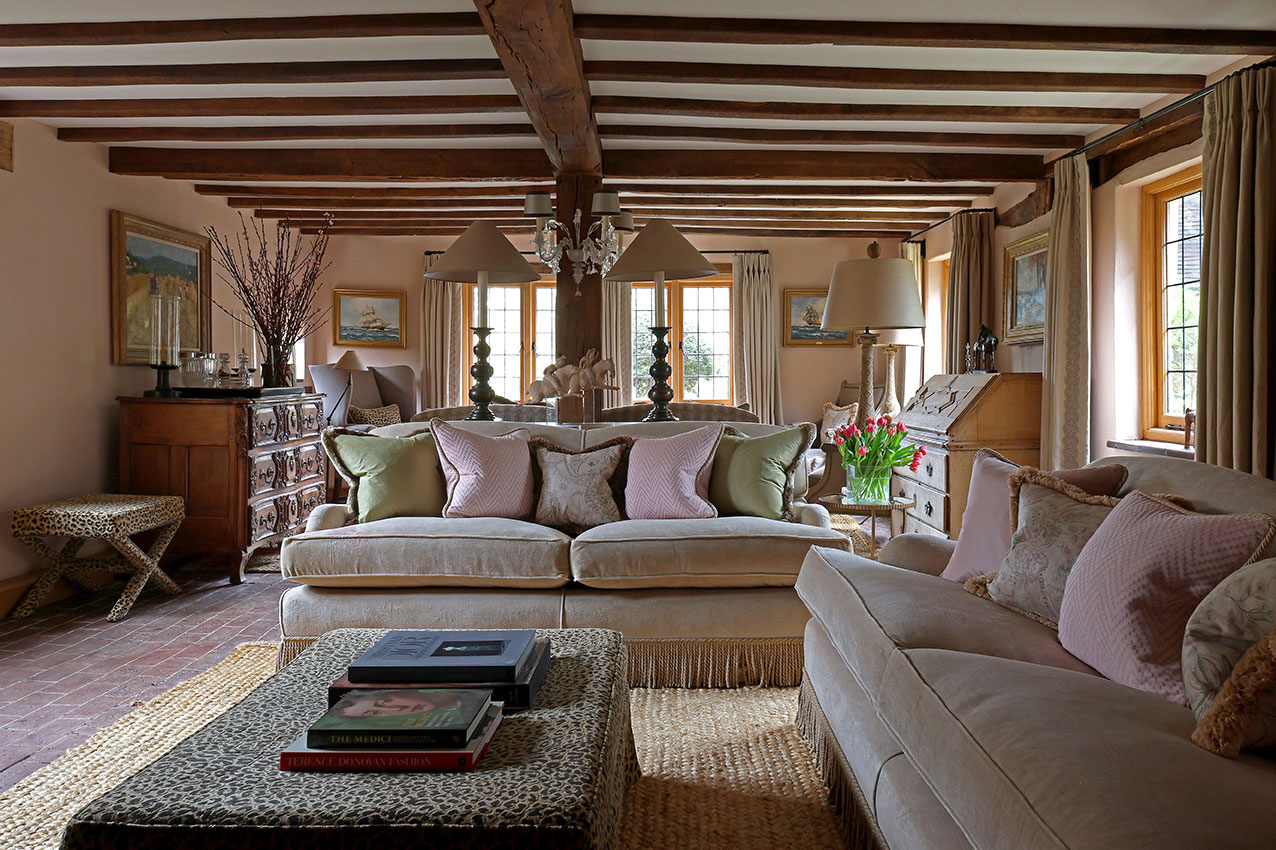 Moore Design
Moore DesignMoore Design is a boutique interior design practice with clients around the UK and overseas.
By Country Life Published
-
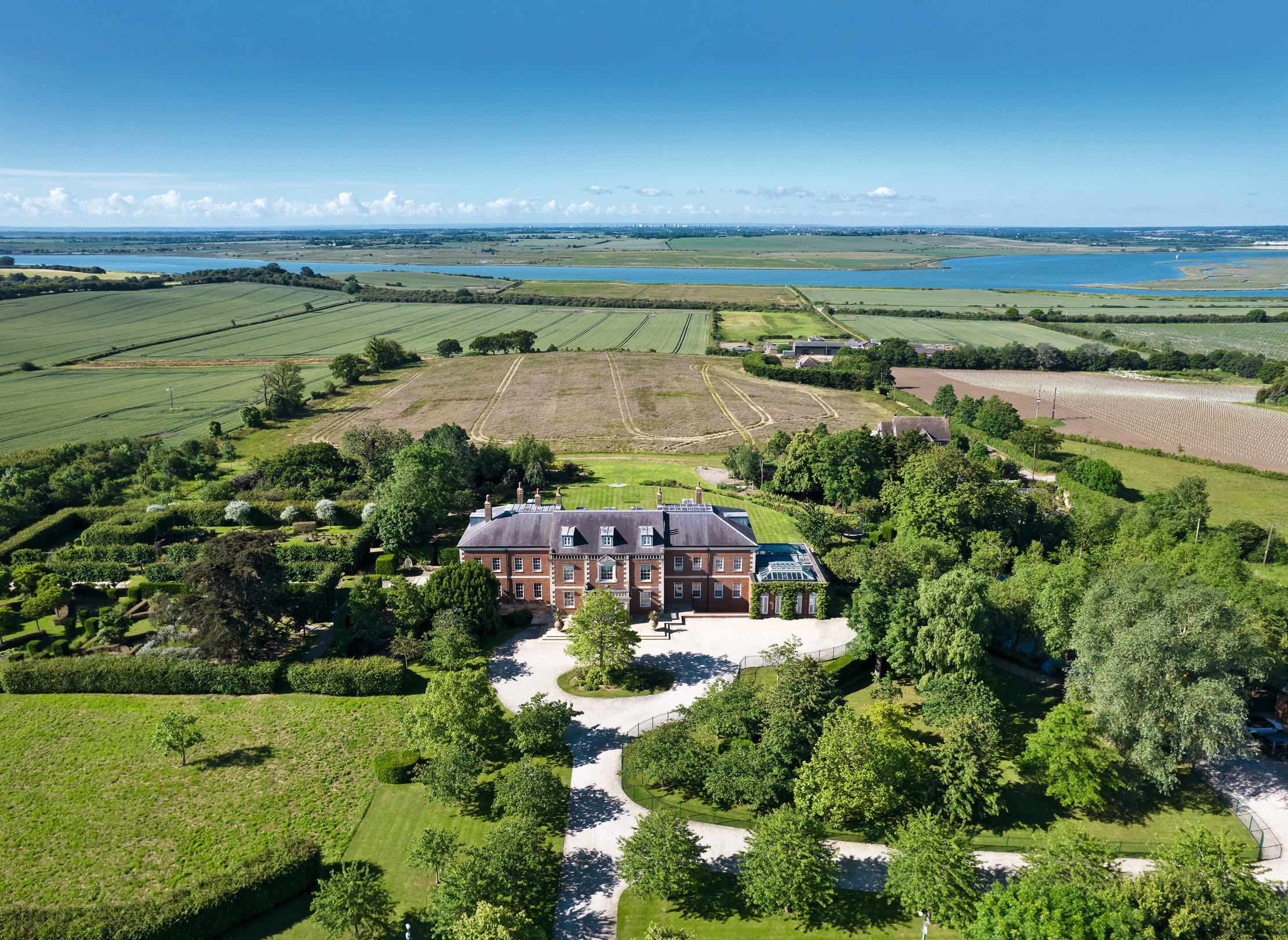 A 327-acre estate in the heart of 'England’s Côte d’Or', with a 26,000sq ft Georgian style home at its heart
A 327-acre estate in the heart of 'England’s Côte d’Or', with a 26,000sq ft Georgian style home at its heartStokes Hall in the Crouch Valley is an inspiring property looking for a new owner.
By Penny Churchill Published
-
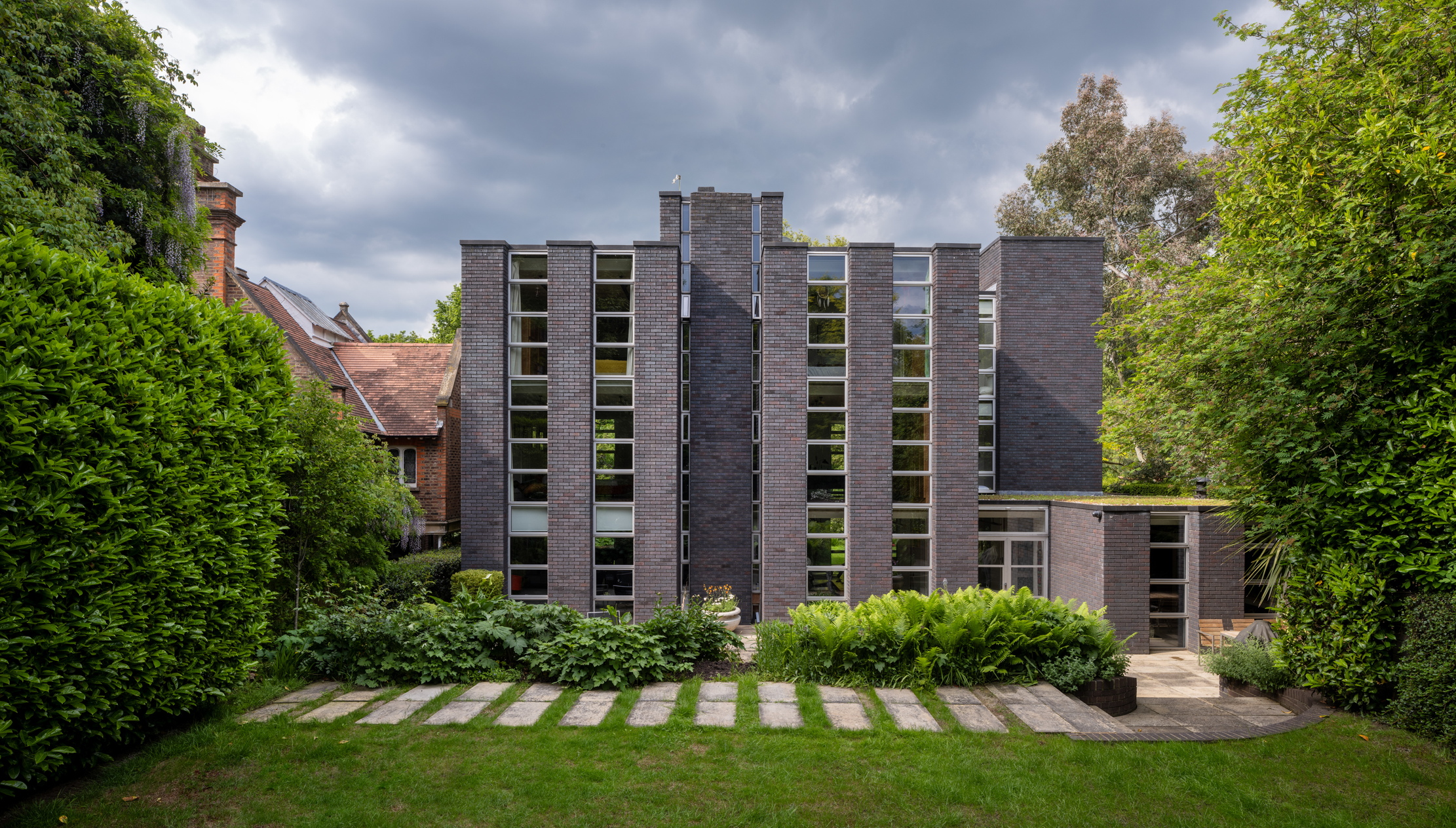 Schreiber House, 'the most significant London townhouse of the second half of the 20th century', is up for sale
Schreiber House, 'the most significant London townhouse of the second half of the 20th century', is up for saleThe five-bedroom Modernist masterpiece sits on the edge of Hampstead Heath.
By Lotte Brundle Published
-
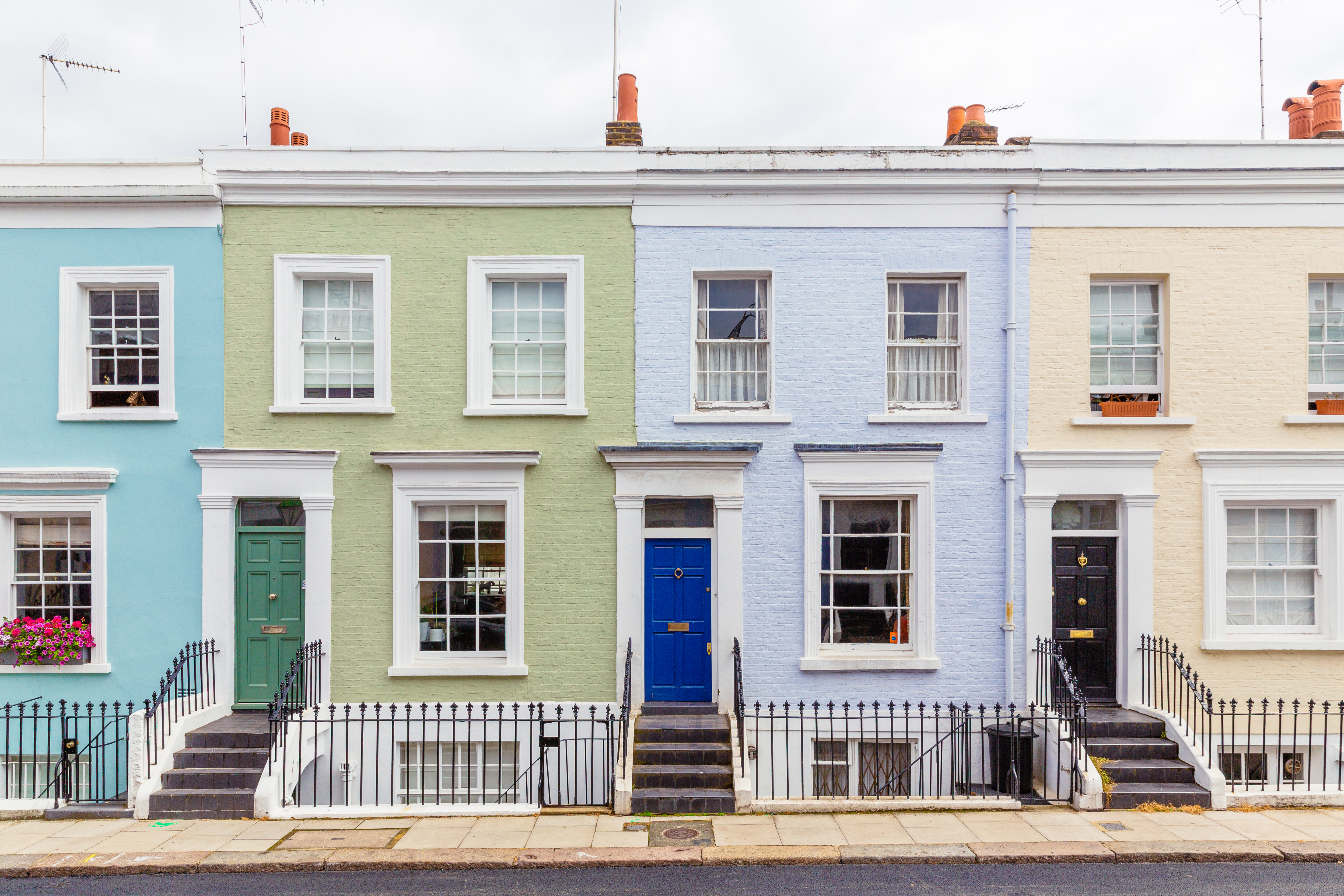 Is the 'race for space' officially over?
Is the 'race for space' officially over?During the lockdowns, many thought the countryside was the place to be. It seems many are now changing their minds.
By Annabel Dixon Last updated
-
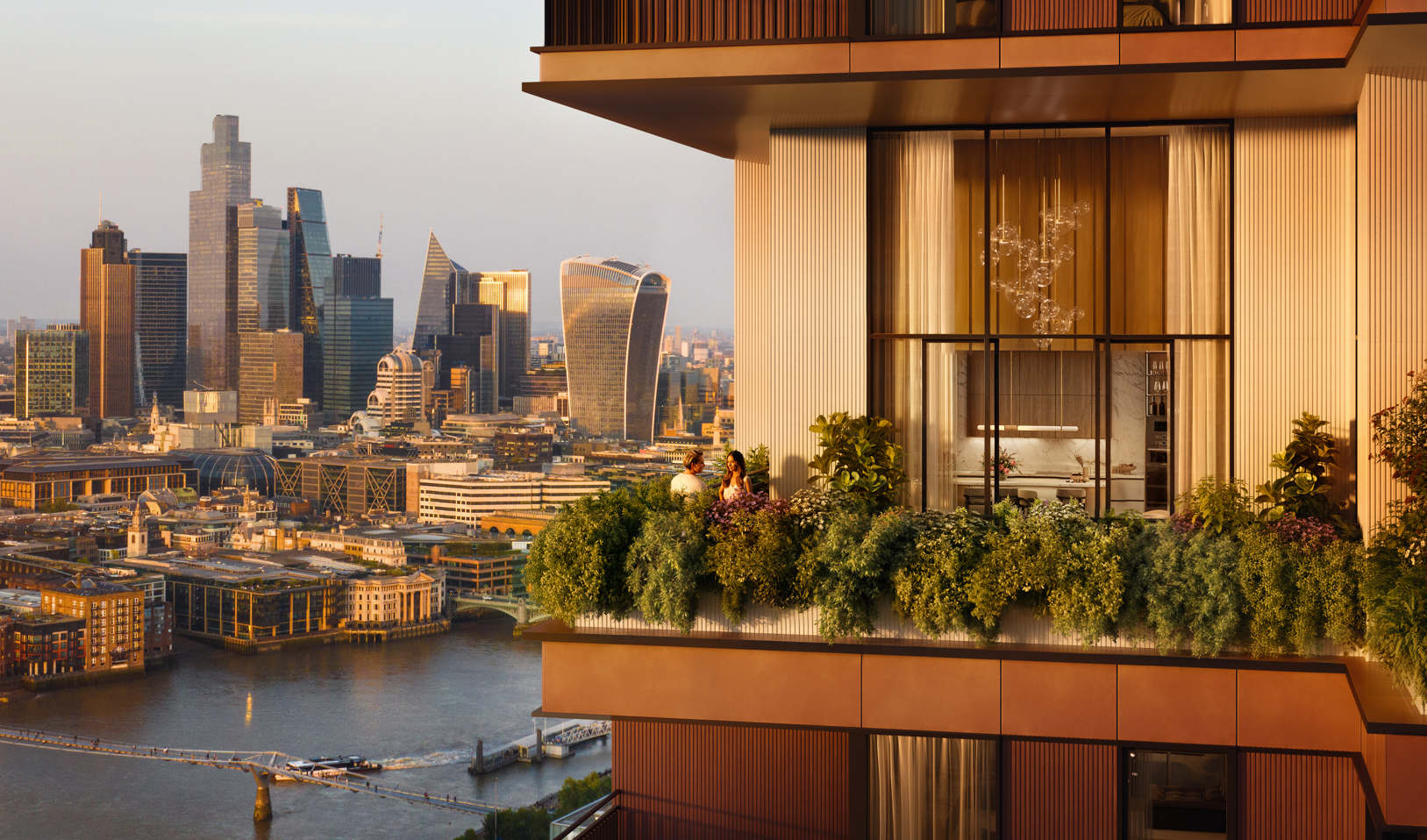 What's a 'wellness village' and will it tempt you back into the office?
What's a 'wellness village' and will it tempt you back into the office?The team behind London's first mixed-use ‘wellness village’ says it has the magic formula for tempting workers back into offices.
By Annunciata Elwes Published
-
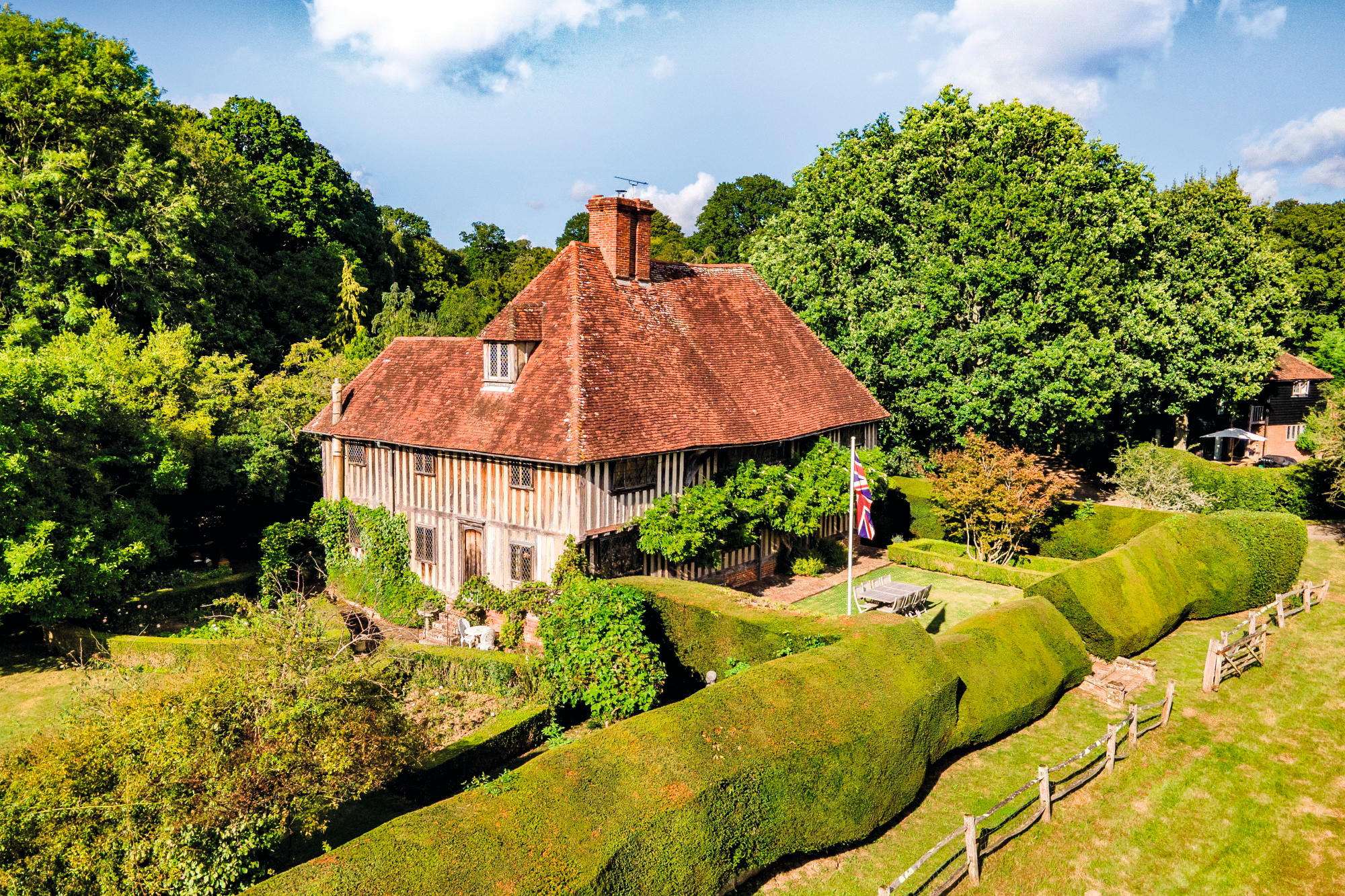 A mini estate in Kent that's so lovely it once featured in Simon Schama's 'History of Britain'
A mini estate in Kent that's so lovely it once featured in Simon Schama's 'History of Britain'The Paper Mill estate is a picture-postcard in the Garden of England.
By Penny Churchill Published
-
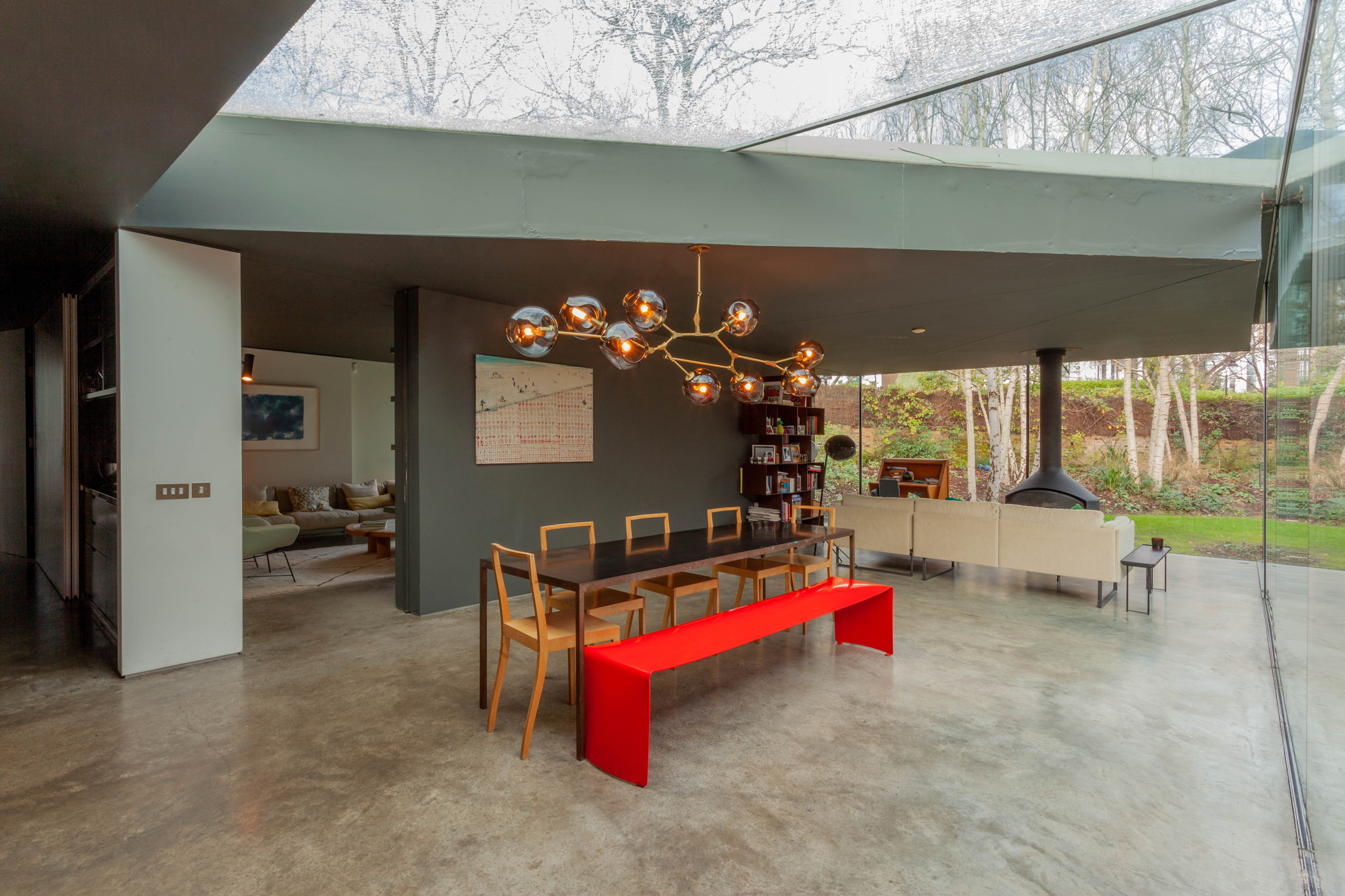 Hidden excellence in a £7.5 million north London home
Hidden excellence in a £7.5 million north London homeBehind the traditional façades of Provost Road, you will find something very special.
By James Fisher Published
-
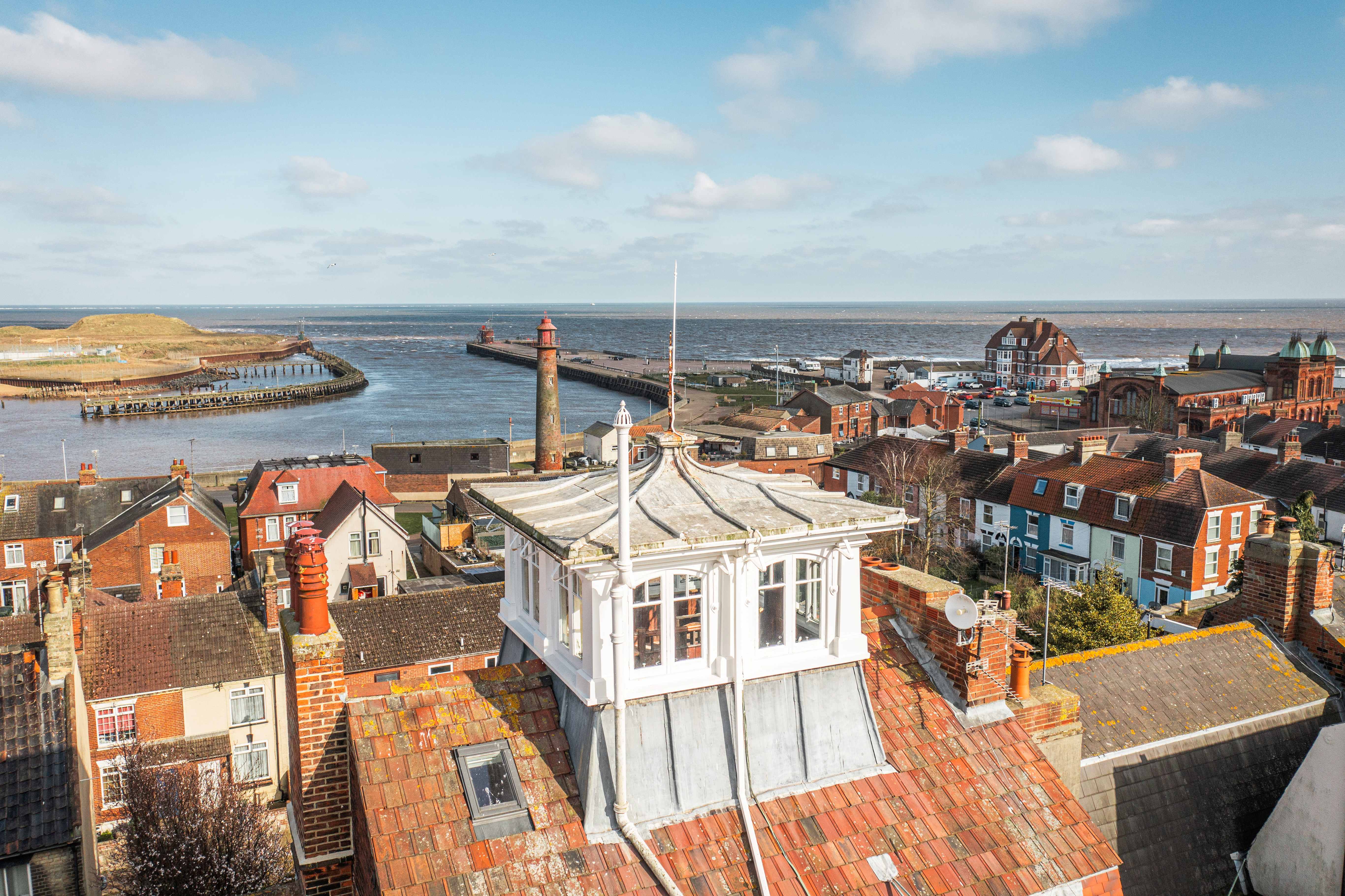 Sip tea and laugh at your neighbours in this seaside Norfolk home with a watchtower
Sip tea and laugh at your neighbours in this seaside Norfolk home with a watchtowerOn Cliff Hill in Gorleston, one home is taller than all the others. It could be yours.
By James Fisher Published
-
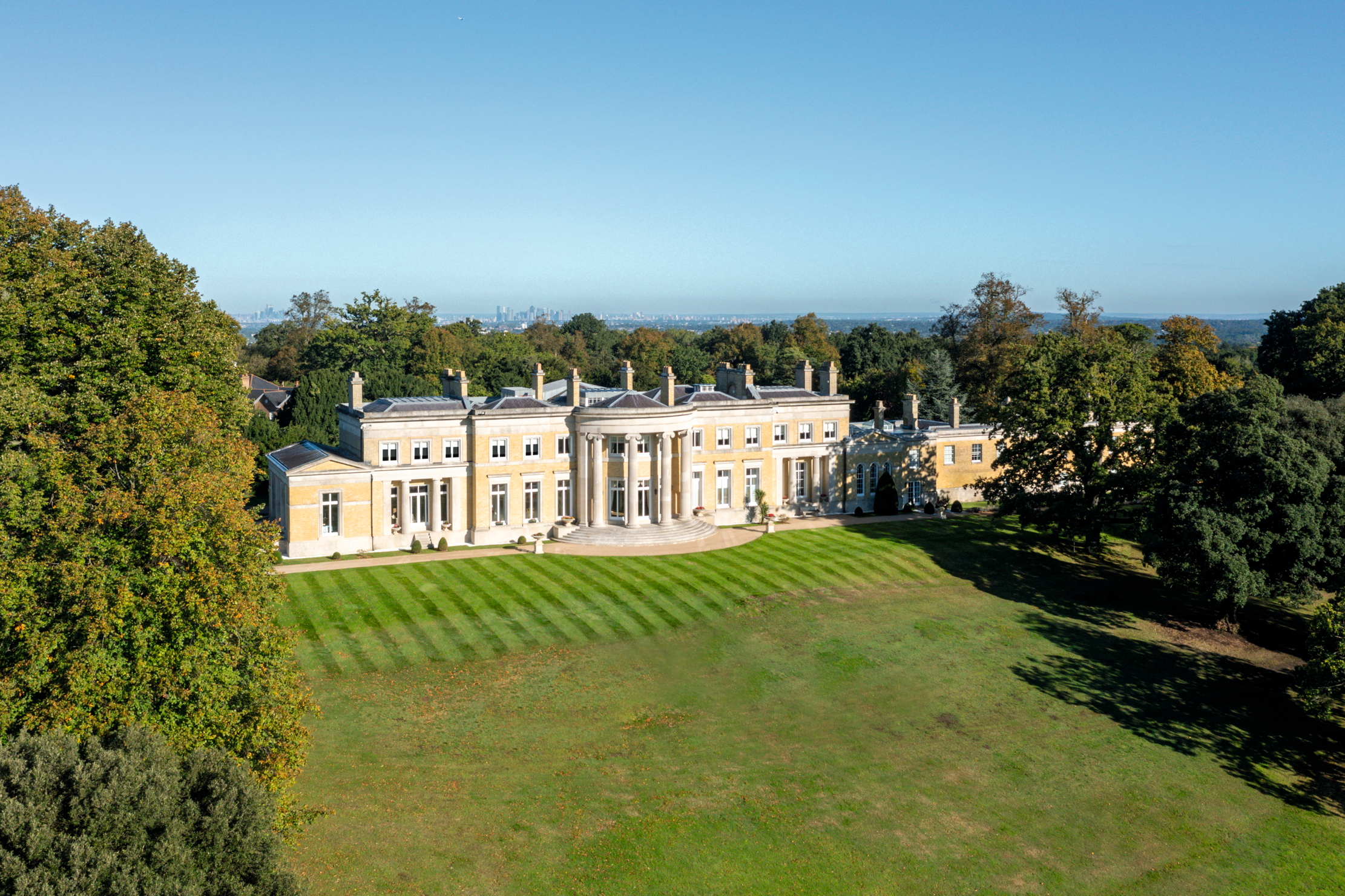 A Grecian masterpiece that might be one of the nation's finest homes comes up for sale in Kent
A Grecian masterpiece that might be one of the nation's finest homes comes up for sale in KentGrade I-listed Holwood House sits in 40 acres of private parkland just 15 miles from central London. It is spectacular.
By Penny Churchill Published
